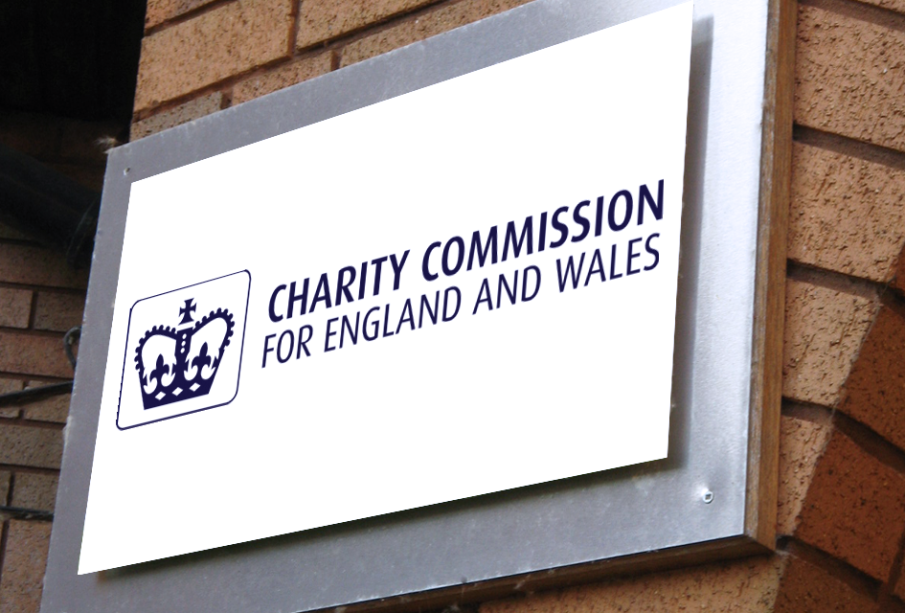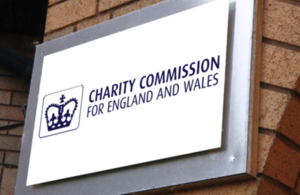The Role and Importance of the Charity Commission

Introduction
The Charity Commission is a vital institution in the United Kingdom, responsible for regulating registered charities. Its principal role is to ensure that charities operate within the law, maintain transparency, and effectively deliver their charitable purposes. With over 168,000 charities registered in the UK, the Commission plays a significant role in safeguarding public trust in charitable organisations, especially in a time when transparency and accountability are more critical than ever.
Current Events
In recent news, the Charity Commission has been actively involved in tackling issues related to financial misconduct and governance within charities. For instance, a high-profile case involving a well-known charity revealed significant mismanagement of funds which led to public outcry and calls for stringent oversight. The Commission launched an inquiry, leading to the suspension of key staff and the implementation of new governance structures aimed at restoring trust and ensuring future compliance with charity law.
Financial Monitoring and Guidance
In addition, the Charity Commission has reinforced its commitment to providing comprehensive guidance to charity trustees on financial management and reporting. As part of its proactive approach to governance, the Commission is encouraging charities to adopt better practices in budgeting, auditing, and financial transparency. Recent workshops and training sessions have been set up for charity leaders to improve their understanding of regulations and best practices.
Legislative Changes
The importance of the Charity Commission has also surged in light of proposed legislative changes aimed at bolstering its powers. The UK government is considering enhancements to the Commission’s role, including the ability to impose tough penalties for non-compliance. This move seeks to fortify the regulatory framework within which charities operate, ensuring that they adhere strictly to their stated missions and manage their resources wisely.
Conclusion
The Charity Commission continues to be an essential pillar of the UK charitable sector. Its role in regulating and guiding charities is fundamental in maintaining public confidence and ensuring that charitable funds are used effectively. As the sector evolves and faces new challenges, the Commission’s adaptability and commitment to reform will be crucial in navigating the future landscape of charity in the UK. For both donors and beneficiaries, understanding the function of the Charity Commission is key to engaging with charities in a meaningful and impactful way.








